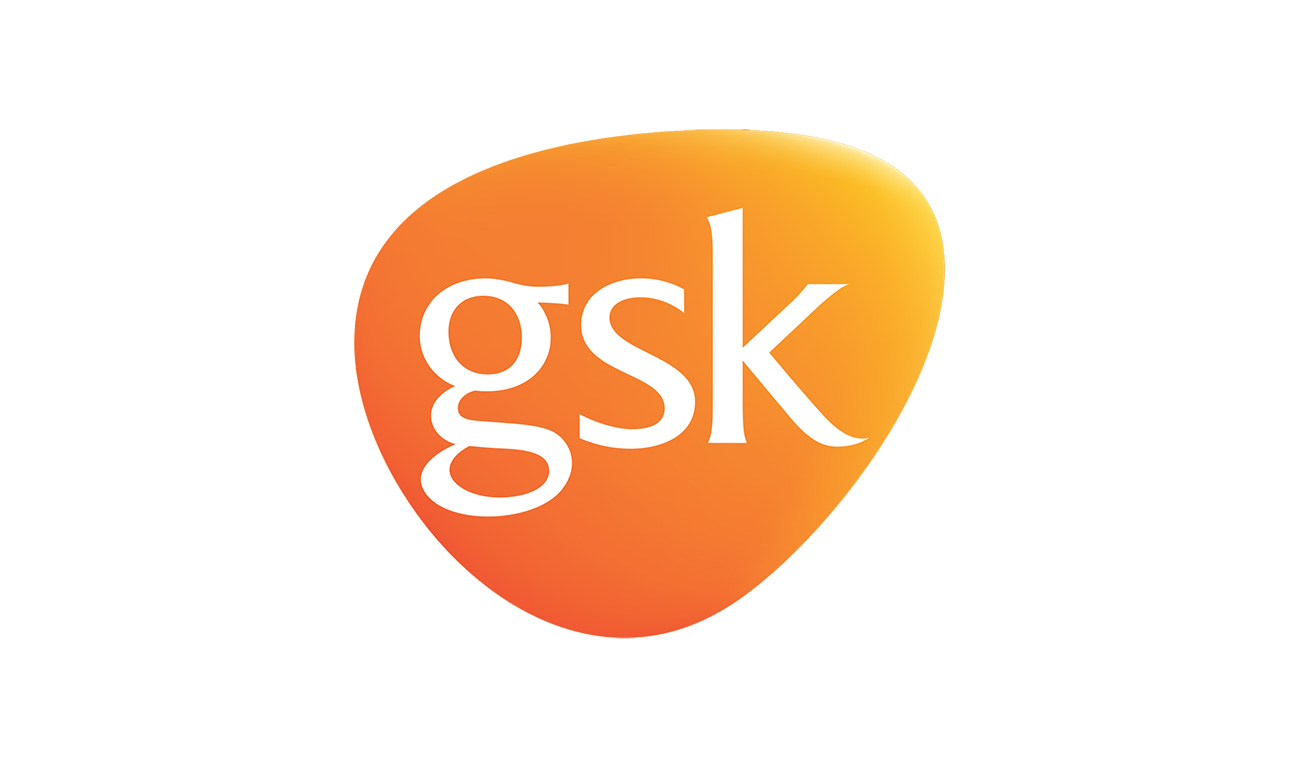Engaging on Patient Engagment
By Chris, VP Patient Engagement, GlaxoSmithKline

Yesterday I spoke to 300 of our industry colleagues about the work we're doing at GSK to help patients better engage in their healthcare.
My keynote address at the Pharmarket Research Conference gave me an opportunity to share a new approach we're taking to improve health outcomes by learning about the factors that cause people to either get involved in their healthcare or not.
It's a longstanding problem--all too often, patients don't follow their doctor's orders and don't get preventative screenings and tests as recommended; don't have medical procedures performed; don't follow through on physical therapy; and don't take medicines or receive vaccinations as prescribed--they simply aren't engaging in these self-management behaviors related to their health!
As a result, patients don't get better or don't stay healthy. It frustrates their doctors and wastes money, as costs for doctor visits, diagnostics and tests aren't followed by prescribed treatments. Many times, down the road, even more costly or invasive care is needed.
The problem isn't new and, for many years, the pharmaceutical industry, like other participants in the healthcare system, has invested heavily to improve patient adherence to prescribed treatments only to achieve marginal and fleeting improvements.
At GSK we've decided to take a new approach to this problem by applying the disciplines of behavioral science and market research to get at why people don't engage in their care and adhere to their doctor's orders.
Our work is focused on using behavioral science to understand why patients don't engage in their healthcare and identifying ways to overcome those obstacles. To do that, we've developed a proprietary, evidenced based model called the Patient Value Framework.© It allows us to develop ways to better engage and communicate with patients. Our model has been validated in market research with patients with chronic diseases, such as COPD, diabetes, high triglycerides and metastatic disease and demonstrated effectiveness in improving engagement and, in testing, it predicted improvements in outcomes that is hospitalizations and adherence to medicines.
Our approach is showing promise. Ultimately we want to make sure we hear and understand what's motivating patients so we can improve their health and make the delivery of healthcare more effective.
GlaxoSmithKline – one of the world’s leading research-based pharmaceutical and healthcare companies – is committed to improving the quality of human life by enabling people to do more, feel better and live longer. For further information go to us.gsk.com, follow us on twitter.com/GSKUS or visit our blog(www.morethanmedicine.us.gsk.com/blog/).

